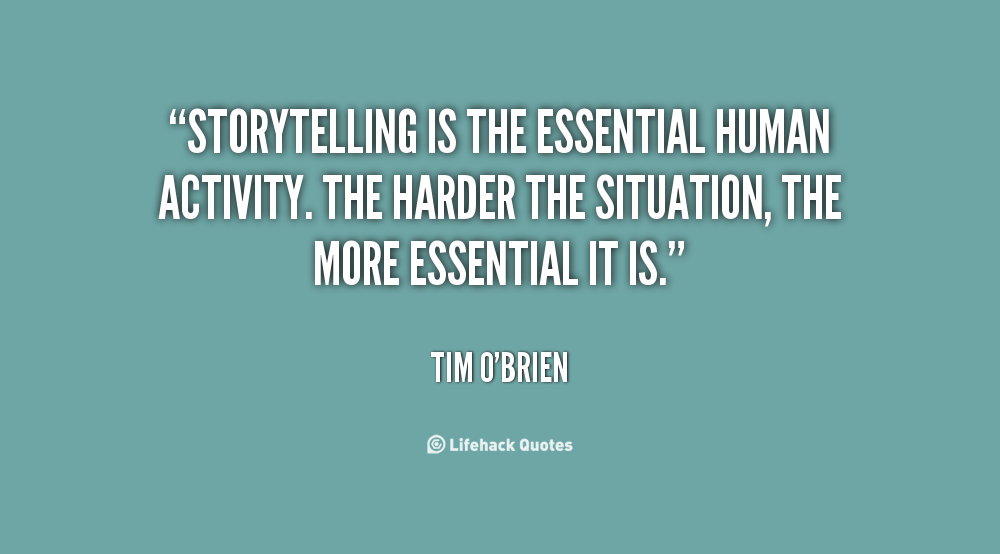I met with the principal recently and we were talking about his goals and what he wanted to see on his campus related to the larger district vision. He started talking about programs and specific expectations that were all very expected and typical. As he continued talking his tone shifted and he passionately shared,” I just want to see kids working in groups. I just want to see authentic collaboration and work happening in classrooms!”
His demeanor changed and he started to open up and get real- he started to tell his story. He started reflecting on his own experience and shared the resistance that he too had as a teacher and how he thought that kids wouldn’t pay attention and that they weren’t going to listen and it wouldn’t work in his class. Yet, in spite of all of his fears, he tried anyway and found out that he was way more successful way happier as a teacher and spent the last three-fourths of his career helping kids to collaborate and work together. You could see his passion. We were all leaning in, moved by his openness and vulnerability.
Then he stopped and turned to the group and genuinely asked, “How do I get my teachers to understand this? How do I get my teachers to see this?”
Have you shared your story? I asked.
Can it be that simple? He questioned.
He had never even thought about sharing his story, sharing his passion and what he really wants to see in classrooms. Instead, he had shared the district vision, talked about the programs, walked through classrooms to check on progress. He had gone through the motions and had seen some shifts but he wanted more and my hunch is that his teachers wanted more from him, too.
To be clear, I don’t think it’s as simple as just telling your story but it’s a good place to start. It is critical that we connect with those we serve about why this work matters to us. To inspire others, we can start by sharing our own experiences, strengths, challenges, and fears. Also, in telling his story and reflecting on his experience, this principal was reminded of his own fears as a teacher and the long process that he had gone through to change his practice. He began to empathize a bit more with the struggles his teachers were also facing.
Your stories matter because they’re part who you are.
Your stories matter because they provide window into how you see the world.
Your stories matter because they help you build relationships and connect to one another on a personal level.
Telling your stories as a leader can help open up space for others to tell their stories and for us all to learn from the experiences in insights of others. Too often we can get caught up in the programs, policies, and procedures but it is the relationships that we foster and a culture where learning and growth are celebrated that create the conditions for meaningful change. Stories help us do that.
George Couros wrote about the 10 Characteristics of a 21st Century Educator and when I first read it I pushed back on the idea that everyone had to be a “storyteller” but in true George fashion he helped me see the power in telling our stories and I have really come to understand why storytelling is an essential characteristic for all educators.
If we want meaningful change, we have to make a connection to the heart before we make a connection to the mind. People have to feel something. Simply sharing information is not a way to create this connection, but we have to think about how we create this connection. Telling stories helps people create their own connections and meaning, and in a world that is information rich, we are vying for the attention of our students. These stories we tell are the ones that stick with our students longer than simply sharing ideas. We need to look at not simply sharing ideas, but helping share information in different ways that are memorable and compelling. Your story and stories matter, and will resonate long after our time with our students.
You might not feel you have anything meaningful to share, but we all have a story to tell.
The best educators don’t tell others what to do, they inspire people by their stories and actions, model the way, and support individuals along the path to continuously move forward.



Thanks Katie. Great post. Everybody has a story to tell.
Love this Katie! This is the very REAL side of education and all relationships. When you take time to tell your story (and listen to others) you allow others to find a place in your world. When a child, parent, or colleague is struggling with something that I too may have struggled with, it is a perfect opportunity to relate and give hope.